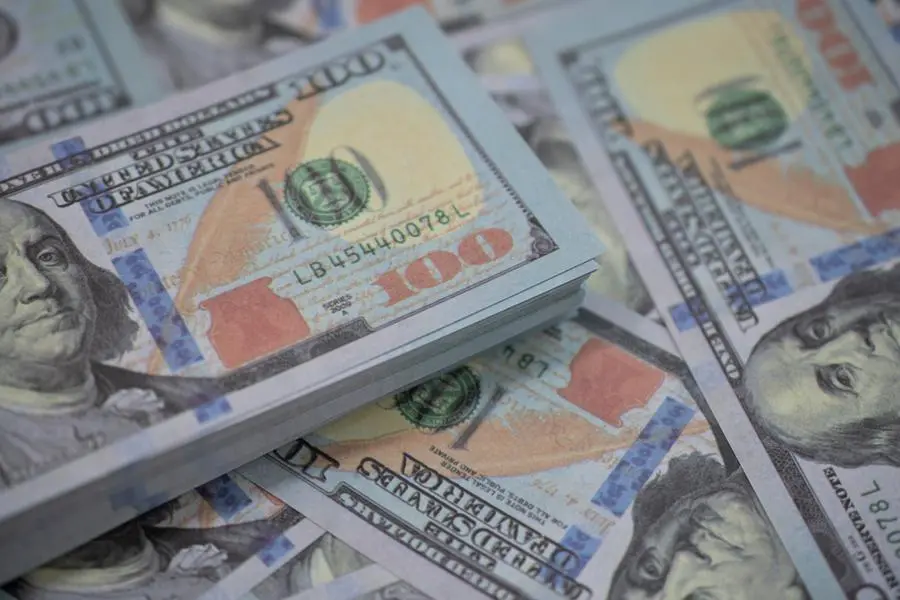PHOTO
Fitch Ratings-Dubai/Toronto-23 September 2024: Qatar’s debt capital market (DCM) issuance is expected to be broadly stable amid the government’s continued debt repayments and limited corporate DCM access, Fitch Ratings says.
Bank issuances are expected to continue as they replace upcoming maturities and strive to diversify their funding bases. Qatar’s DCM reached about USD130 billion outstanding at end-1H24, same as end-1H23, with sukuk at 10% (1H23: 13%). Since the start of 2024, the diversity of issuance has increased, with the issuance of the first sovereign green bond in the Gulf Co-operation Council (GCC), the first Qatari riyal corporate sukuk and a Formosa bond.
Qatar’s DCM is the third-largest in the GCC after Saudi Arabia and the UAE. The sovereign holds the majority of the DCM. Most Qatari banks have also issued senior unsecured debt to extend their maturity profiles and diversify funding. Corporate issuances have been small. The majority of the DCM outstanding were denominated in US dollars at 65%, followed by riyals at 30%. About 9.1% of the DCM have maturities in 2H24, 13.4% in 2025, and 77.5% in 2026 and beyond.
The regulator has taken steps to advance the still-developing DCM in recent years. However, DCM limitations remain, such as the nascent riyal-DCM market, the concentration of the investor base in banks and most corporates preferring bank financing over bonds or sukuk.
The Qatar Central Bank (QCB) published its ESG and sustainability strategy for the financial sector in June 2024, aiming to boost sustainable finance and develop ESG sukuk and bonds. The strategy includes outcomes such as the increased transparency of the financial sector's role in national sustainability through a taxonomy of sustainable activities and guidelines for issuing sustainable products like loans, bonds and sukuk. ESG debt in Qatar was USD3.8 billion at end-1H24, with sukuk at 19.5%. The inclusion of sukuk will attract investors seeking shariah-compliant, ESG options. These initiatives are intended to enhance Qatar's appeal to global investors focused on sustainability.
In 1H24, sukuk issuance expanded by 122% yoy to USD500 million, while bond issuance was up by 59% yoy to USD12.4 billion. The QCB regularly issues Treasury bills and sukuk, which provides domestic Islamic banks a venue to invest their excess liquidity. Fitch rated about USD3.2 billion of Qatari sukuk, and rated ‘A’ at end-1H24. Fitch has recently upgraded Qatar’s rating to 'AA' with a Stable Outlook –the highest credit rating among the GCC countries.
The Qatari government has been repaying external debt as it matures, and debt decreased by QAR27 billion (USD 7.4 billion) in 2023. We project debt/GDP to fall to about 48% of GDP in 2024 and 46% in 2025, from a peak of 85% in 2020. This reflects our expectation that the government will continue to repay maturing external debt in 2024 (USD4.8 billion), but is likely to refinance its USD2 billion 2025 maturity in 2024, and will gradually pay down some of its domestic debt.
We assume the government will repay the upcoming maturities in 2025. The subsequent debt path will depend on how the government chooses to deploy its fiscal surpluses. We forecast Qatar’s general government budget surplus at about 8.6% of GDP in 2024 (2023: 9.3% of GDP).
Matt Pearson
Senior Associate, Corporate Communications
Fitch Group, 30 North Colonnade, London, E14 5GN
E: matthew.pearson@thefitchgroup.com




















